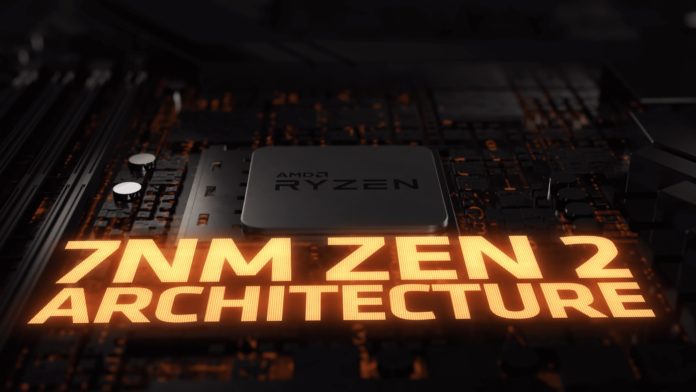AMD recently came under fire because of an issue with the Ryzen 3000 chips that keeps them from achieving their advertised boost clocks in most conditions. We had reported on this issue earlier. While Ryzen 3000 offered stellar bang for the buck, with the 3600 and 3900X outclassing the Intel competition by massive margins, the inability of these parts to reach their advertised boost clocks was hugely problematic. This brought Nvidia’s infamous GTX 970 scandal to mind: The 970 was an excellent graphics card. As a matter of fact, an overclocked 970 can easily hold its own in today’s AAA games at 1080p. At launch, though, Nvidia conveniently neglected to mention that the Maxwell-based 970 didn’t just have a cut-down shader count, relative to the 980. Nvidia also lopped off some of the ROPs, crucially, partitioned the VRAM such that the last 512 MB was only accessible at a lower bandwidth. Did any of this necessarily have an impact in games? No. The card was still the best value-for-money option available circa 2014. But did it draw a big question mark over Nvidia’s marketing practices? Yes.

In the case of Ryzen 5, AMD’s not been so blatantly misleading: it’s not like they’re advertising 8 core parts that are actually 4-core parts (well, not this time. They just settled a class-action lawsuit for having done just that with Bulldozer). Here, it seems that Ryzen’s heuristics, and how it clocks up and down depending on temps, prevents most units from ever hitting the advertised boost clock. Why do this at all? AMD’s always been quite content to let owners run their parts at the bleeding edge. The Radeon R9 390X card, for instance, had a listed operating temperature of 94 degrees celsius. Why not just let Ryzen run hotter and louder if it means reaching advertised speeds? It has to do with longevity, apparently: deliberately underclocking Ryzen results (possibly) in longer-lived chips and fewer RMAs.
AMD appears to have owned up, though. They’ve been working on a new BIOS (which leaked earlier), that appears to fix the underclocking issue. The BIOS update appears to fix the underclocking issue, at least according to Tom’s Hardware’s tests with the leaked version. Some users were reporting underclocking by as much as 300 MHz, so this should result in a pronounced performance uplift, bringing Ryzen 3000 up to advertised speeds. We’ll do our own testing and share our results soon.
Further Reading:


